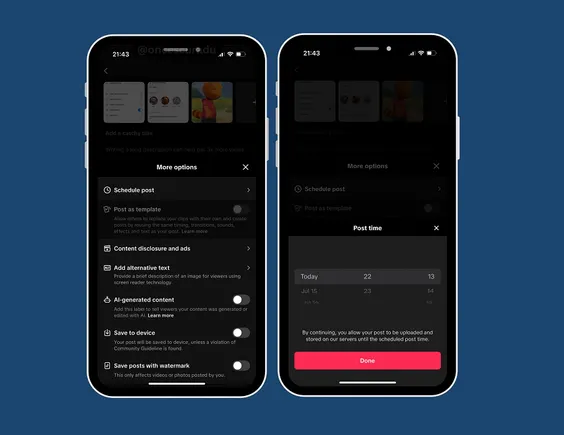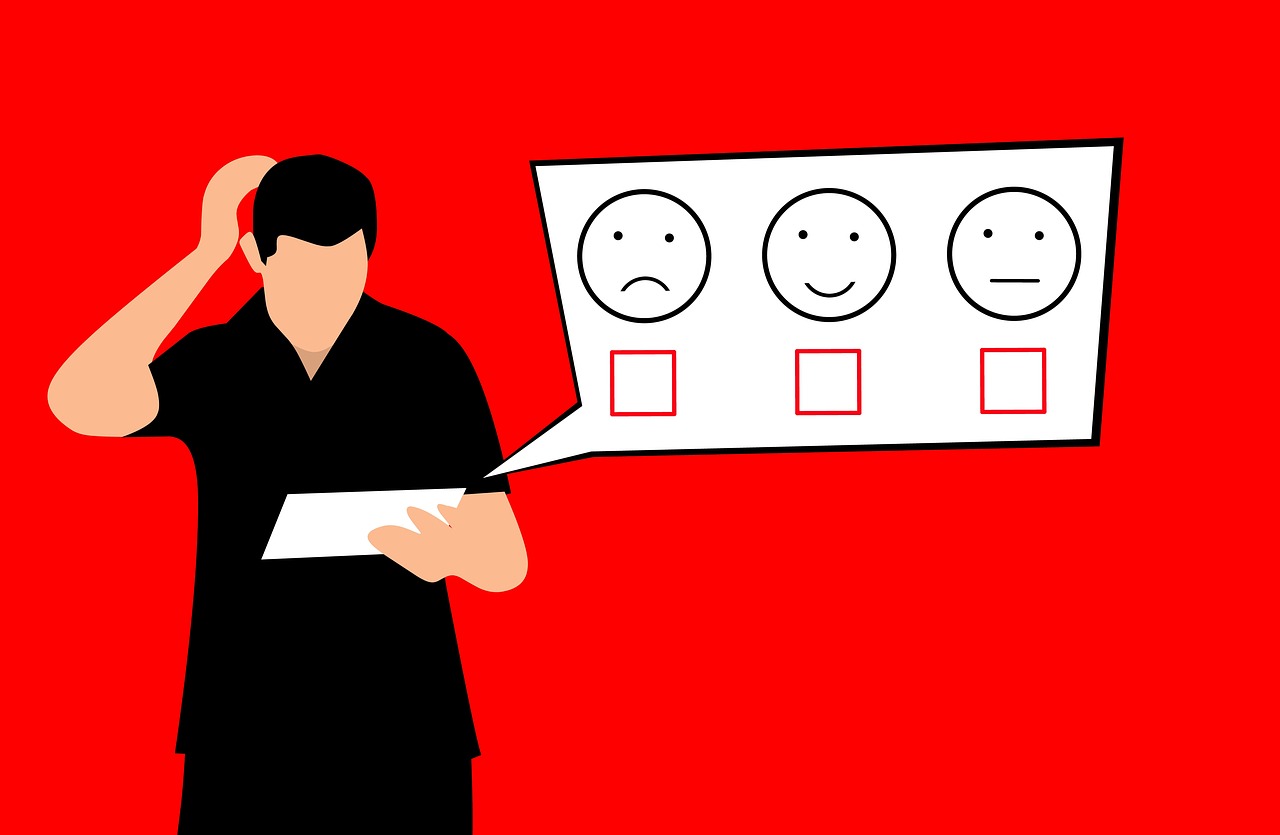Mindful Shopping: 7 Strategies to Overcome the Urge to Splurge
Shopping and spending money are easier than ever in this tech-forward world. You can make a purchase while riding the subway home from work or sitting in the waiting room at the doctor’s office. You can fill your cart...


Shopping and spending money are easier than ever in this tech-forward world. You can make a purchase while riding the subway home from work or sitting in the waiting room at the doctor’s office. You can fill your cart with clothes while watching your favorite Netflix series, or mindlessly click ‘buy now’ on Amazon while you’re waiting for dinner to cook.
While in-person shopping is still alive and well, technology has undoubtedly increased the urge to splurge by allowing people to embrace mindless shopping and impulsive buying decisions online.
Mindless shopping habits aren’t good for your wallet or your mental well-being. While retail therapy has some benefits, those perks are stripped away when you feel guilt over splurging and overspending.
Thankfully, there are mindful strategies you can use to overcome the splurge and be more intentional about the things you purchase. By putting some of these strategies in place, you’ll control your shopping and spending habits and feel good about your purchases, knowing you thought them through.
1. Set a Budget
One of the best ways to limit your mindless shopping and to make yourself very aware of the money going out is to set a budget for yourself. A budget can help you become a more responsible consumer in every area of life. It will lay out all income that’s coming in, and give you detailed information about where it’s going. You might find that you’re spending on things you don’t use, such as subscription services.
When you see your expenses in front of you in black and white, they’re hard to ignore. Setting a budget and looking it over each month will make you more in tune with your finances.
2. Prioritize Needs Over Wants
When you look at your budget and you see things that might be considered excessive, consider getting rid of them. They might be nice to have, but do you really need them? Are you struggling to pay other bills or do you cut corners on things you need because you have too many wants taking up space?
Financial needs include things like housing, food, transportation, and insurance. Those things should be your top priority before you even consider wants like:
Travel
Entertainment
Designer clothing
Gym memberships
Coffeehouse drinks
Your wants might not seem like much, on the surface. But, they add up quickly. Consider which of your wants can be eliminated to help you save money and put it toward the things you really need.
3. Practice Gratitude
Some people continue to mindlessly shop and never feel fully satisfied with the things they have. There could be something deeper beneath the surface if that’s the case. You could be trying to fill a void, or you could be trying to distract yourself so you combat feelings of anxiety.
Instead of constantly looking for more, try practicing gratitude for what you already have. Being more grateful can change your spending habits by eliminating feelings of not having enough. You’re focused more on what you have, rather than what you don’t have.
When you go through life with a grateful perspective, you’re less likely to overspend on things. So, you’ll end up saving money that can be used on priority purchases – you might finally be able to buy that new car or put a downpayment on a home. Those are things to be really grateful for, and the cycle of positivity will continue.
4. Embrace Minimalism
Minimalism has seen a rise in popularity over the last few years, but it’s more than just a trend. People are enjoying the science-backed benefits of leading a minimalist lifestyle, including:
Reduced stress
Increased productivity
More free space
Increased satisfaction
Plus, minimalism is a great way to save money. Many people involved in this practice focus on quality over quantity. They buy high-quality items that are built to last. It might be a higher investment up front, but when you focus on quality, you don’t have to worry about making multiple frivolous purchases in the future.
Minimalism allows you to focus on whatever you’re buying. You’re more likely to research it and consider how it would fit into your life before finally purchasing.
5. Think Sustainably
Sustainability is another hot topic that’s more than just a trend. Things like fast fashion and single-use plastic have become huge problems for the environment. Almost every time you make a purchase, especially online, it contributes to carbon emissions and waste.
When you adopt a sustainable mindset, you’ll be more mindful about what you’re buying, how you’re buying it, and where it’s coming from. That can go a long way when it comes to everything from the food you purchase to the personal care products you use, and the ingredients used to create them.
Many personal care items – especially beauty products – use synthetic, unsustainable ingredients. Sustainable products might cost a bit more (which can also discourage you from buying too much at once!), but they’re often higher quality and will last longer, reducing waste and helping the environment.
6. Understand Your Overspending
If you struggle with splurging too often, it might be time to look inside and consider why. Do you use shopping as a way to reduce stress? Are you trying to distract yourself from something? You might even be struggling with an addiction.
People like to throw around the word “shopaholic” in a lighthearted way, but it can be a serious problem when you don’t have any boundaries or barriers in place.
If your shopping habits are impacting your mental health (or vice versa), consider working with a mental health professional to get to the root cause.
7. Set a Financial Goal
Much like setting a budget, creating a financial goal for yourself can help to ground your spending habits. When you have a real, tangible item to work toward, you’re less likely to give in to the temptation to splurge on other things.
Keep your goal in mind whenever you feel the urge to buy something you don’t really need. Maybe it’s a new car, a vacation, or an engagement ring. Reminders of your goal are important for creating financial boundaries and maintaining focus.
Write down your goal, make saving automatic whenever possible, and consider breaking your goal into smaller steps to stay motivated. For example, if your goal is to purchase a new vehicle, consider strategies that can help. Your first goal could be to save 20% of what it will cost. Having that kind of starting point is a great way to stay on track and stay motivated with your saving habits.
Being more mindful of your shopping habits can change your life. You’ll save money, feel better about how and where you spend, and you’ll learn to appreciate the things you have and the success you’ve been given. Keep these tips in mind to reel in your spending habits, and enjoy the benefits that come with being more mindful.
***
About the Author: Miles is an independent writer with a background in business and a passion for tech, psychology, news, and simply helping people live happy and fulfilled lives. He has lived and traveled all over the United States and continues to expand his awareness and experiences.

 AbJimroe
AbJimroe 
































